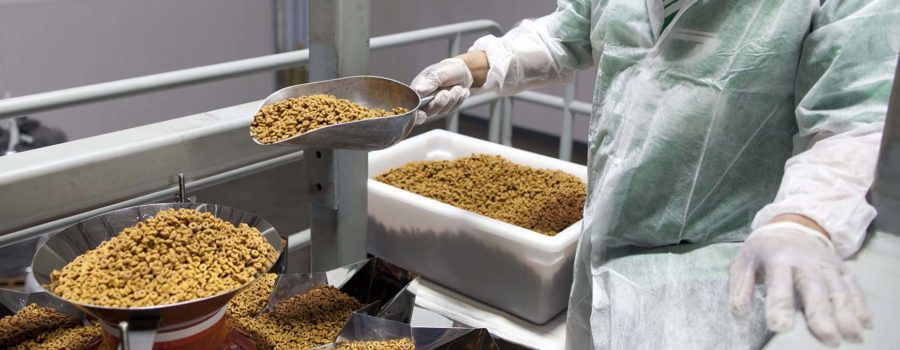The CDC estimates that 1 in 6 Americans become sick from foodborne illnesses every year. Reducing this number is a public health priority, and one of the goals of the Food Safety Modernization Act (FSMA).
FSMA is a far-reaching piece of legislation that gives the Food and Drug Administration (FDA) increased oversight to help ensure the safety of the U.S. food supply. While it was enacted more than three years ago, food producers, processors and packagers should be aware of recent and upcoming changes in implementation and enforcement.
WHAT IS FSMA?
FSMA was signed into law in January 2011, and shifts the food safety focus from responding to issues and outbreaks to preventing them. It requires any facilities that handle food (including food producers and processors) to evaluate hazards in their operations, implement and monitor effective procedures for preventing contamination, and have a plan for corrective actions.
FSMA also mandates inspection frequency and penalties for non-compliance. In addition, it gives the FDA some new powers, including greater enforcement authority and the ability to order mandatory recalls. As the FDA puts it, FSMA is “the most sweeping reform of FDA’s food safety authority in more than 70 years.”
WHAT’S NEW?
FSMA is so far-reaching that full implementation is still a ways off – various deadlines for final rules have been set in the next two years. But updates are ongoing, including the FDA releasing an Operational Strategy document, outlining the next phase of implementation, in May.
While President Barack Obama’s budget for 2015 included a $263 million increase in funding for the FDA’s regulatory actions, the majority of these funds are set to come from industry fees (i.e., fines). A coalition of public health groups recently asked Congress for increased funding to support implementation. As FDA Deputy Commissioner for Foods Michael Taylor said, “We cannot achieve FDA’s vision of a modern food safety system and a safer food supply without a significant increase in resources.”
And the FDA is already stepping up enforcement, as the following cases from November have illustrated:
• A pharmaceutical company had more than 1,500 cases of finished goods and 1,200 pounds of raw materials seized (valued at more than $2 million) after FDA investigators found the products contained DMAA, a substance that can elevate blood pressure and lead to cardiovascular problems. (FDA News Release)
• A food company was found to have unsanitary conditions. Its products and facility tested positive for listeria, though no illnesses were reported. The company was required not to process or distribute food until it mitigated the issues. (FDA News Release)
WHAT DOES THIS MEAN FOR YOU?
Farms, food processors and any others involved in the food supply chain need to take stock of procedures and take steps to get into compliance. It’s important to stay current on when and how new rules and regulations are being implemented – subscribe to updates from the FDA and stay current on food safety news to ensure that you’re in compliance.
Need more information on complying with FSMA? With our vast experience in security and food processing, we can help.




